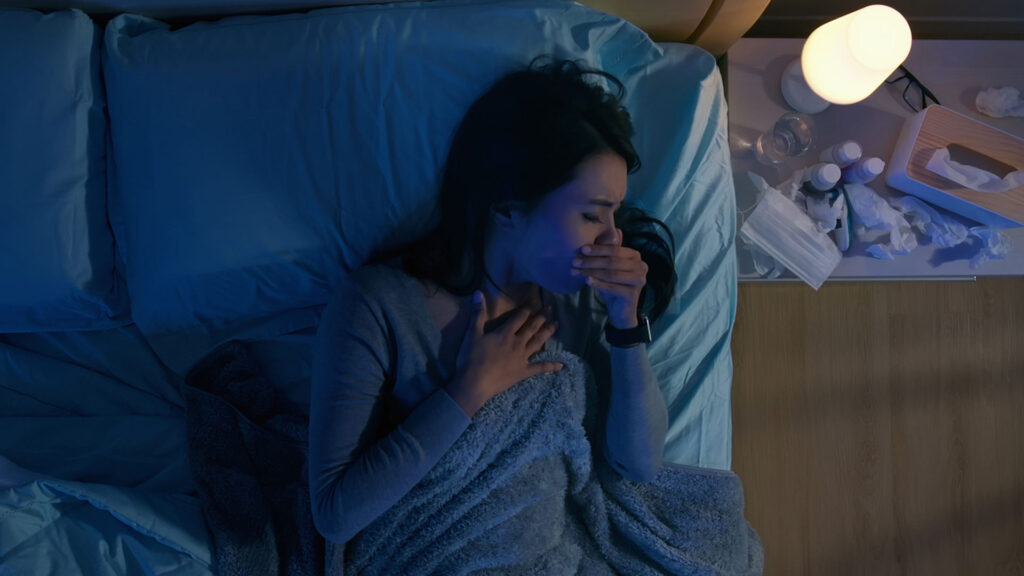
Just when we think we are past those traumatic pandemic years, we find that research keeps connecting various new findings to even mild cases of COVID-19. In this case, it might be impeding your ability to sleep, even after the sickness is over.
In a recent Vietnam survey of 1,056 people who had been diagnosed with COVID-19 in the past six months, 76.1 percent of them suffered from insomnia after illness, with 22.8 percent of them experiencing severe insomnia. (1) Participants experienced “mild Covid,” meaning that they weren’t hospitalized during their illness. In addition, participants with a pre-existing chronic condition or those experiencing the symptoms of depression or anxiety exhibited higher rates of insomnia.
The CDC has previously shared that patients who suffer from long-Covid can experience lasting effects, one of which can be sleep disturbances. However, some patients believe that they had to have a more severe case of COVID-19 to see these impacts. This research shows that’s not the case.
The research was led by Dr. Huong T.X. Hoang from Phenikaa University in Vietnam. In a Frontiers press release, Hoang said, “As a sleep researcher, I received many questions and complaints from relatives, friends, and colleagues about their sleep disturbances after recovering from COVID-19. I found that the majority of papers focused on hospitalized patients. The environment of their treatment and quarantine would differ greatly from those with milder symptoms.”
People who have had Covid might experience other symptoms of Long Covid, which also impacts their sleep, including insomnia, daytime sleepiness, waking several times per night, and not feeling refreshed in the morning, according to the National Institutes of Health COVID-19 Research Center.
In fact, they report 40 percent of people with Long Covid have these sleep issues. They call it a “complicated phenomenon,” like many Covid-related things have been, and it’s a topic they are researching to target those sleep disturbances in addition to inflammation issues surrounding it to treat and prevent the condition. In particular, they are enrolling participants in a sleep study for those over 55 with Long Covid sleep-related issues, including brain fog. The NIH researchers hypothesize that pockets of the virus lingering in the body might be part of the issue.
“If you experience insomnia after COVID-19, don’t think that is normal,” Hoang continued. “If insomnia does not bother you much, you can take some simple actions, such as: taking a warm shower before bedtime, shutting your phone down at least one hour before going to bed, doing 30 minutes of exercise per day, and avoiding caffeine after 4 p.m. In case insomnia really troubles you, you can try some over-the-counter sleep aids. If they don’t help, go to see a sleep therapist.”
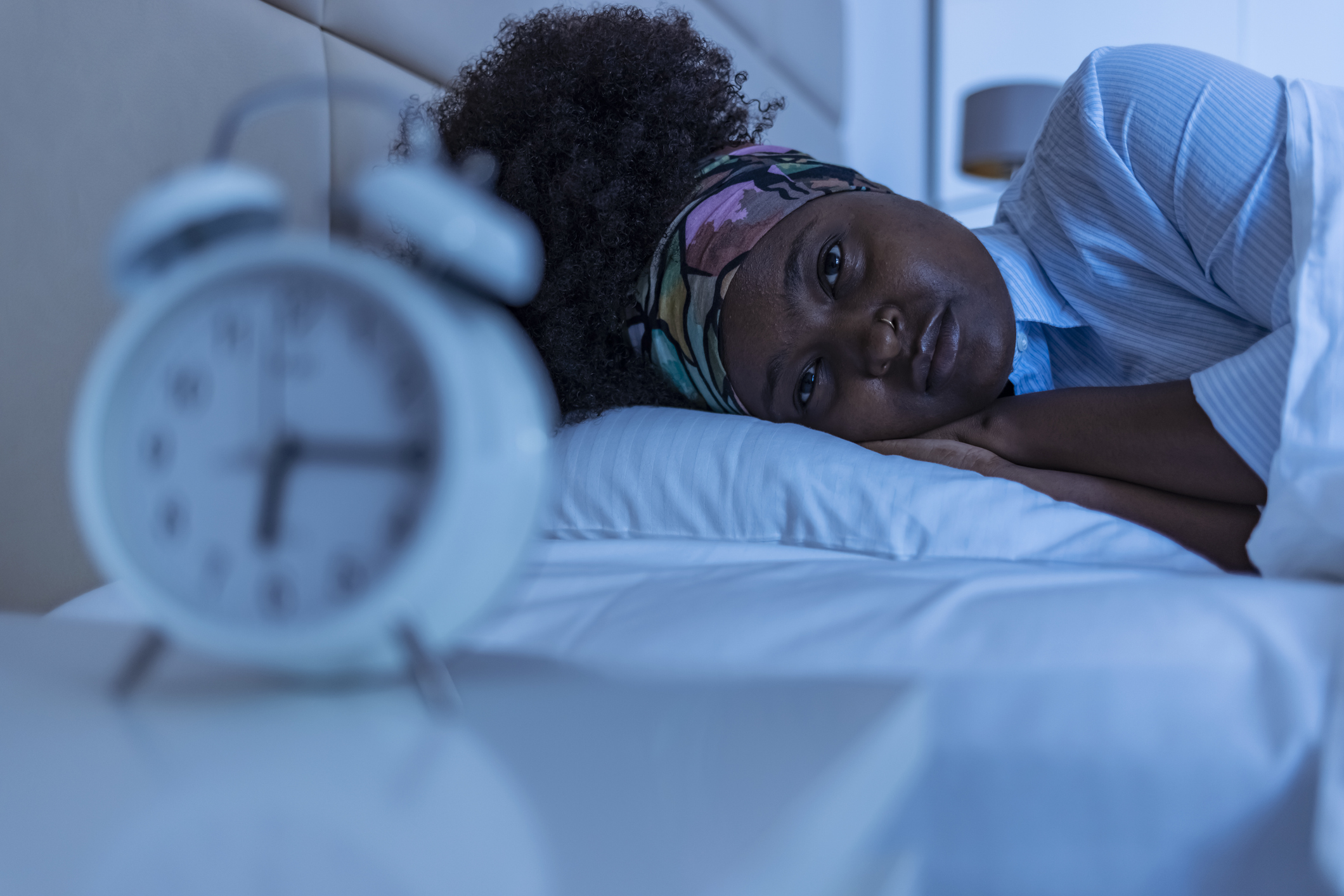
Studies Connect the Dots Between COVID and Insomnia
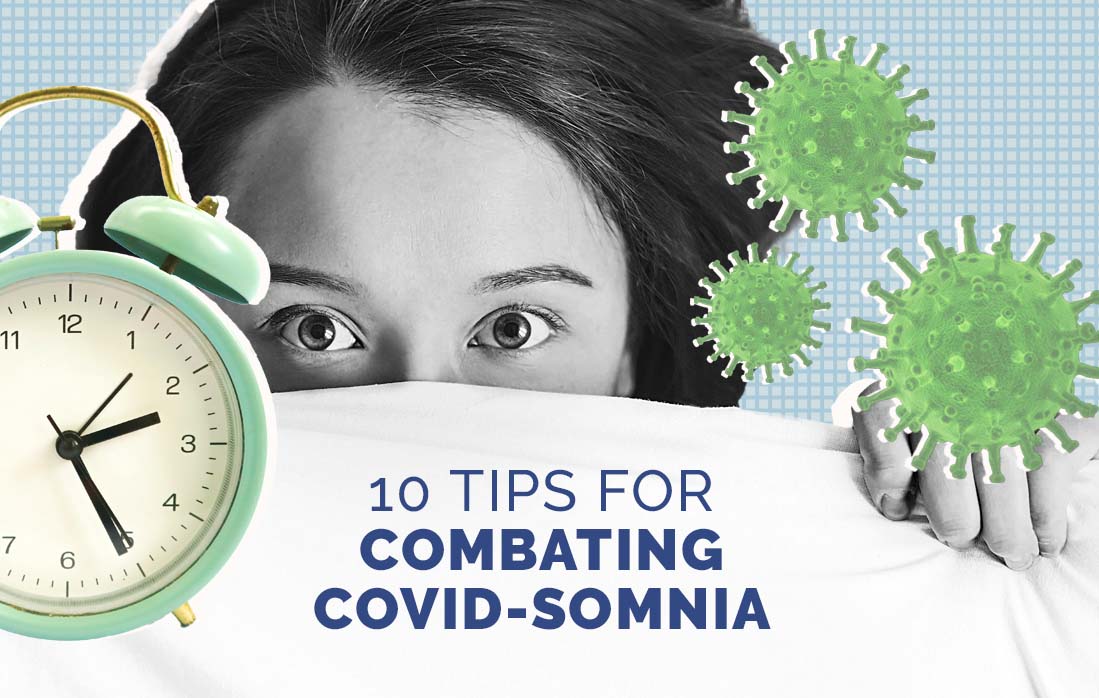
11 Sleep Expert Tips for Combating COVID-Somnia
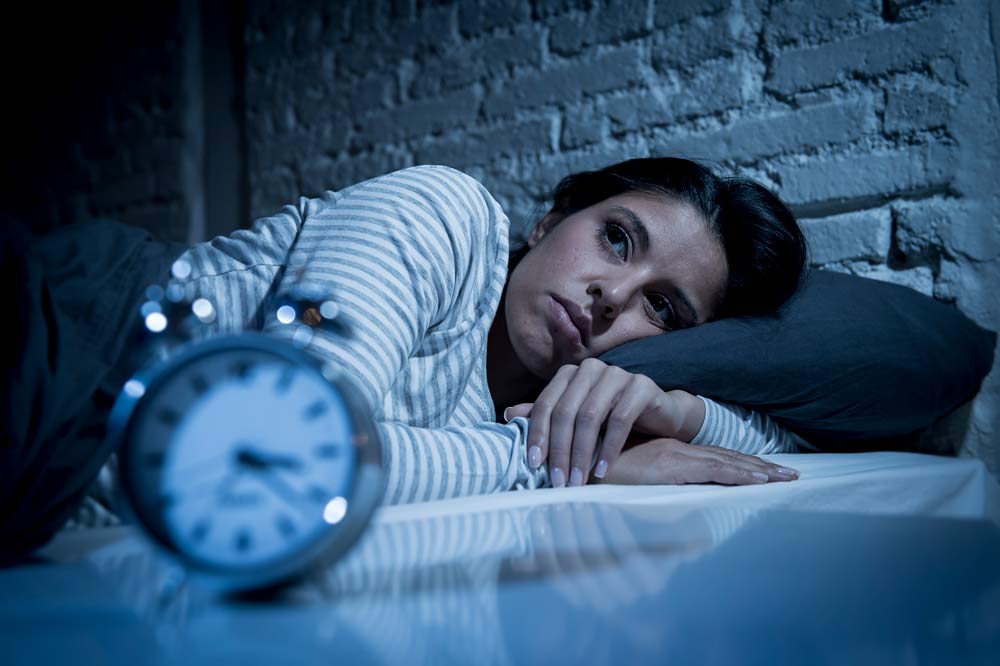
Types of Insomnia — Causes and Treatments
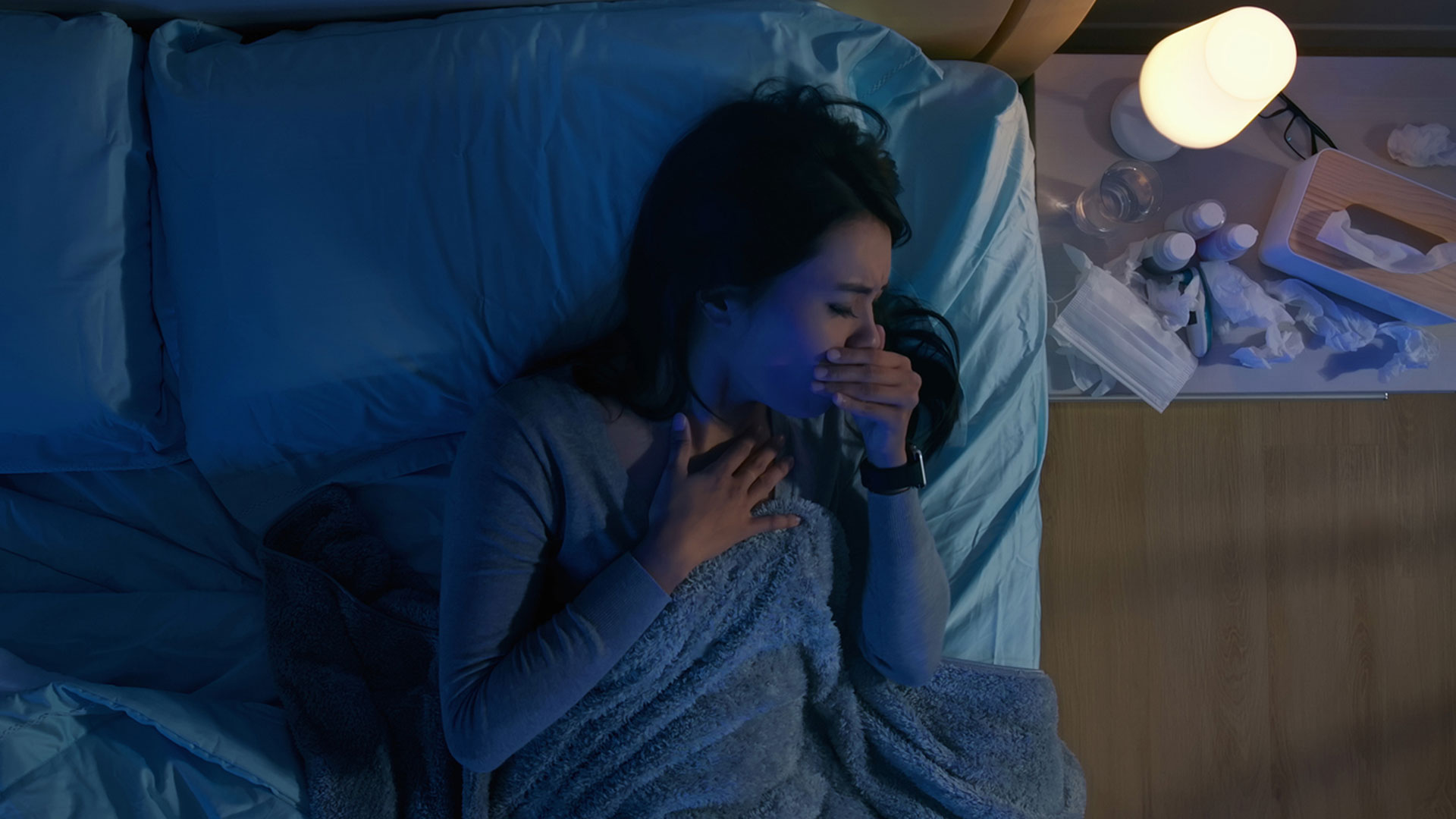
How To Sleep With A Cough
Sources
1. Hoang, Huong Thi Xuan; Yeung, Wing Fai; Truong, Quyen Thi Mai; Le Cuc, Thi; Bui, Anh Thi My; Bui, Quang Vinh; Le Quyen, Thi Le; Quach, Linh Ha; “Sleep quality among non-hospitalized COVID-19 survivors: a national cross-sectional study,” Frontiers in Public Health, Vol. 11; https://www.frontiersin.org/journals/public-health/articles/10.3389/fpubh.2023.1281012; 2024.